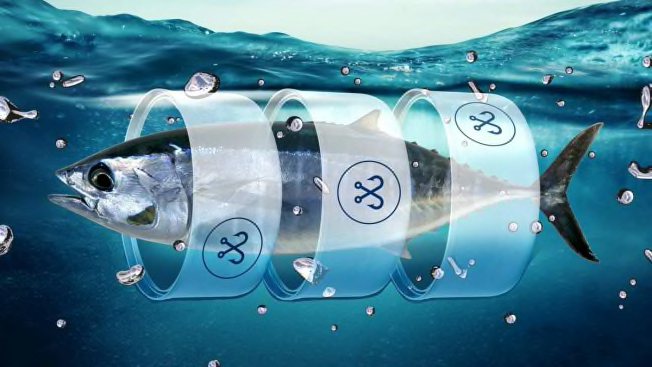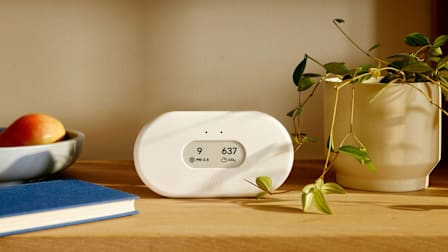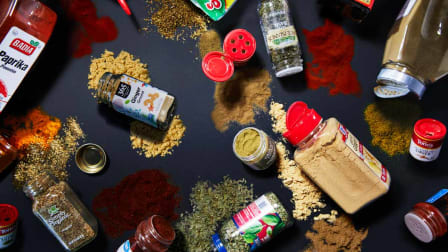Smarter: Why You Should Dry Your Hands After Washing Them

This week I’m shedding light on an aspect of hand-washing that might be overlooked: the hand-drying part. Also in this issue: The seven least satisfying cars, and five ways to save on prescription drugs.
Plus, take this 5-minute survey to let me know what you think about Smarter. For example, do you like the length of the newsletter? Are there topics you would like to see me cover more? Your feedback plays such an important role in my writing of the newsletter and has shaped Smarter into what it is right now. Let me hear more from you so that I can continue to write stories that you enjoy!
THE BIG STORY
Sometimes it takes a marriage to make you realize how unsanitary you really are.
Though “unsanitary” might be too harsh a word. Most of the time, I prefer “blissfully ignorant.” Because that was how I was before I met my husband: I was unaware that I was not doing some things the most hygienic way. For instance, I didn’t know that there might be a risk to thawing and refreezing meat again and again. Or that I was neglecting an important step in hand-washing.
My rude awakening regarding hand-drying went down something like this.
Him: You really should be drying your hands after you wash them.
Me: Oh, it’s not that big of a deal.
5 minutes later, after some Googling:
Me: Okay, fine, it might be something of a deal. (Does some immediate damage control.)
Him: And when I say drying your hands, I don’t mean wiping your hands on your pants.
MUST-READS OF THE WEEK
🍫 Are There Heavy Metals in Milk Chocolate?
We know lead and cadmium have been detected in dark chocolate. But what about milk chocolate?
💊 5 Ways to Save on Prescription Drugs
Online pharmacies aren’t your only option.
👂 Best and Worst Hearing Aid Brands and Retailers
If you’re looking for a retailer for hearing aids, Costco is one of the most popular options, according to our members.
🔒 The Most Resilient Door Locks We’ve Tested
We’ve pitted these against a 100-pound battering ram.
SORRY TO BE THE BEARER OF BAD NEWS

Photo Illustration: Chris Griggs/Consumer Reports, Getty Images Photo Illustration: Chris Griggs/Consumer Reports, Getty Images
We recently tested canned tuna from Bumble Bee, Chicken of the Sea, StarKist, Safe Catch, and Wild Planet for mercury, a known neurotoxin. Here’s what we learned:
🐟 Light and skipjack tuna, in general, contain much less mercury than albacore.
The albacore products had three times more mercury, on average, than the others.
🚫 Pregnant people should avoid tuna altogether.
The developing brain and nervous system of a fetus are particularly vulnerable to mercury.
😬 Efforts to reduce mercury pollution have led to contamination levels declining slightly in the Atlantic Ocean.
The mercury levels that we measured in 4 out of 5 of the brands were lower than the average mercury levels the Food and Drug Administration measured from 1990 to 2010. However, mercury contamination is on the rise in tuna caught in the Pacific Ocean.
Read more about the mercury levels we found in each brand.
RACE TO THE BOTTOM
These are the seven cars that CR’s members say they’re least likely to buy again.
ASK AN EXPERT
Recently in a TikTok video we talked about nonstick pans being one of the things you should never put in your dishwasher. That’s because the heat of the dishwasher and the harshness of the detergent could potentially ruin your pan.
Some TikTok users had questions. Here’s one: How can a nonstick pan be ruined by the heat of a dishwasher when it also experiences high heat on a cooktop?
It’s a good question! There are things to be mindful of when it comes nonstick pans and heat. For one thing, heating an empty nonstick pan can damage the coating and shorten its life. The problem with dishwashers is that you can’t control or monitor the heat, says Mary Farrell, a CR home writer who has explored ways to make nonstick pans last.
As for the detergent, that can vary. But if you think about your dishes that have had their paint or coating worn away in the dishwasher, you realize that detergent can be pretty harsh.
In her reporting, Mary has found that almost all nonstick cookware is listed as dishwasher-safe. But if you ask manufacturers directly, they recommend against it. And that’s why—to err on the side of caution—CR advises that you don’t put your nonstick pan inside your dishwasher.

"I prefer a hands-on approach."
Thanks for reading Smarter! If you want more tips that will make you a little bit smarter, sign up to have the newsletter delivered straight to your inbox every week.




